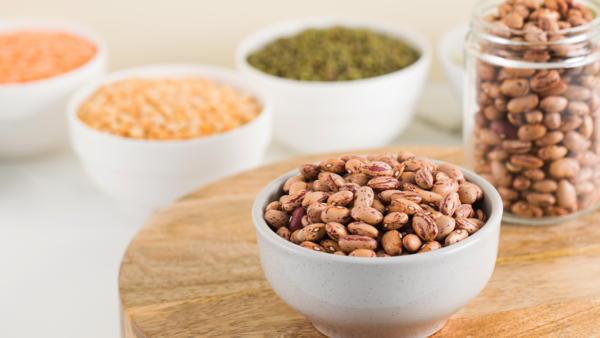[ad_1]
Legumes
First up, let’s talk about legumes. Beans, lentils, and chickpeas are not only affordable but also incredibly versatile. They are rich in protein, fiber, and a host of essential vitamins and minerals. Whether you’re making a hearty lentil soup, a spicy bean chili, or a creamy hummus spread, legumes are a fantastic addition to any diet.
Seafood
Next, let’s not forget about seafood. Fish and shellfish are not only delicious but also packed with high-quality protein and omega-3 fatty acids, which are essential for heart and brain health. Salmon, tuna, shrimp, and mussels are just a few examples of seafood options that can add a burst of flavor and nutrition to your meals.
Tofu
According to Dr. Archana Batra, a dietician, and a certified diabetes educator, “For those following a plant-based diet or looking to reduce their meat consumption, tofu and tempeh are excellent alternatives. These soy-based products are rich in protein and can be used in a variety of dishes, from stir-fries to salads to sandwiches. Plus, they absorb the flavors of whatever seasonings or sauces you pair them with, making them incredibly versatile in the kitchen.”
Nuts and seeds
Nuts and seeds are another protein-packed option that can be enjoyed as snacks or added to meals for an extra nutritional boost. Almonds, walnuts, chia seeds, and hemp seeds are all excellent sources of protein, healthy fats, and essential nutrients. Sprinkle them on top of yogurt, oatmeal, or salads, or simply enjoy a handful as a satisfying snack.

Cottage cheese
Lastly, let’s not overlook dairy products like Greek yogurt and cottage cheese. Not only are they rich in protein, but they also provide calcium and probiotics, which are beneficial for gut health. Greek yogurt can be enjoyed on its own or used as a creamy base for smoothies, dips, and dressings, while cottage cheese makes a delicious addition to both sweet and savory dishes.
Anupamaa’s Madalsa Sharma: Cheat days are also important for diet